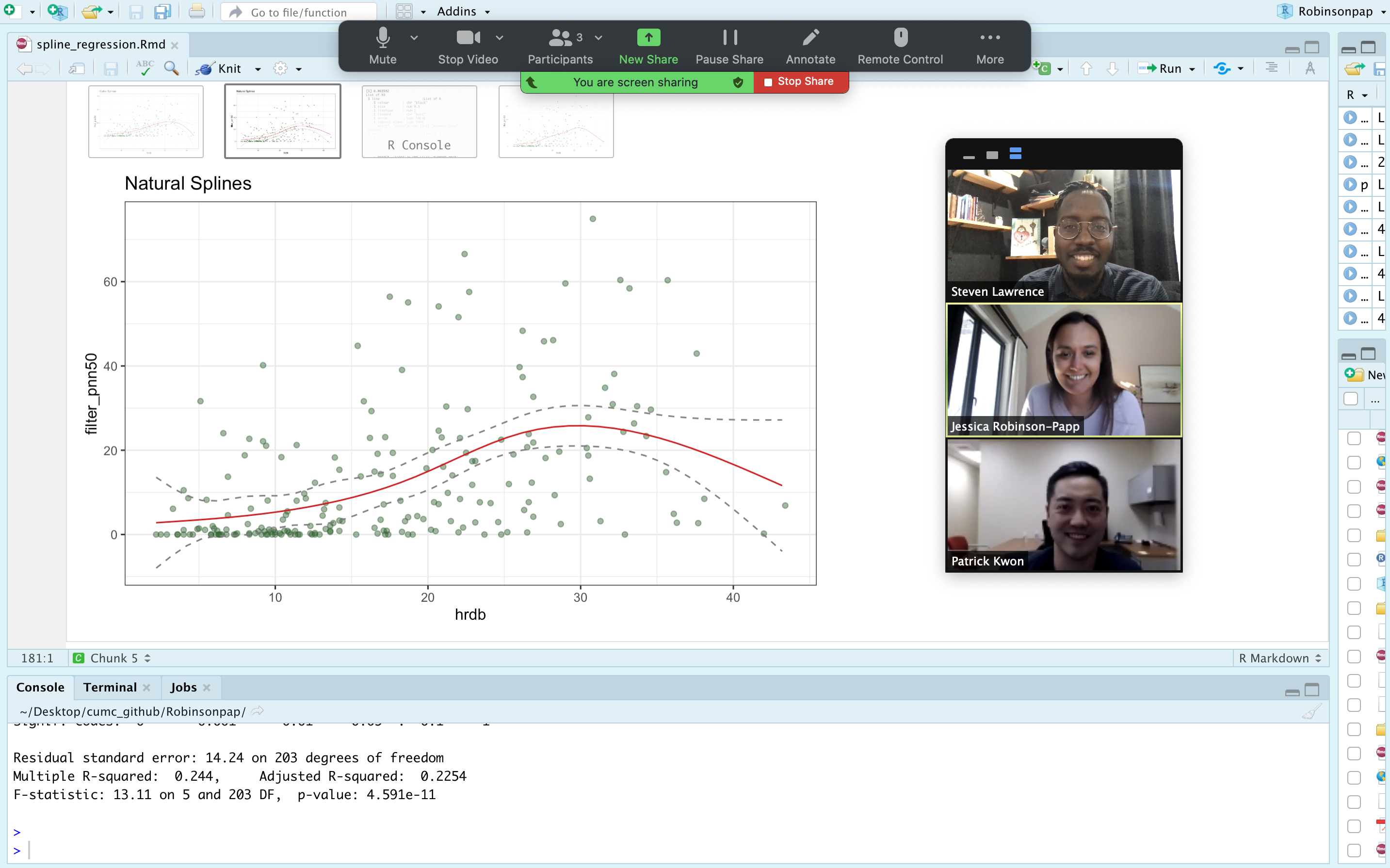PAIN
Over the years, through our work in HIV-associated neuropathy and neuropathic pain, we came to recognize commonalities between these and other chronic pain conditions, and our research expanded to include chronic pain more generally.
As the U.S. opioid epidemic led to sweeping changes in opioid prescribing, we recognized early on that new stricter policies might have unintended consequences and might be applied unequally, potentially exacerbating disparities in pain management.
In the TOWER study, we sought input from healthcare professionals and people living with HIV to understand how to balance the risk of prescription opioids with the need for equitable pain management including person-centered care for people who use/have used drugs. We also wanted to participate in the effort to develop new, non-addictive pain medications and to make sure that our community had access to these crucial studies, and so we applied and were selected to become part of the new pain clinical trials consortium, EPPIC-Net.


Autonomics and immune function
Autonomic nerves, such as the vagus, modulate nearly all essential internal organ function. Autonomic nerves are similar to the nerves involved in HIV-associated neuropathy but had received little attention. In 2013, we discovered that autonomic neuropathy was in fact common in people living with HIV, especially those who had signs of neuropathy in their feet.
We then began to study how autonomic neuropathy was affecting organ function. In the ANGI study we focused on the autonomic nerves that control the movement of the stomach and intestines (i.e. the vagus nerve) and showed that vagal dysfunction is associated with small intestinal bacterial overgrowth (SIBO) and can be partially reversed with a medication called pyridostigmine.
We also showed associations between autonomic neuropathy and markers of inflammation in the blood. This work is currently being expanded in the EVA Study.
We are also collaborating with other Mount Sinai researchers to study similar mechanisms in women going through hormonal changes and people with mental health disorders.
Research in Diverse Populations
All of our research is conducted in diverse patient populations, but some of the work also directly examines sociocultural factors in neurologic health. In the SALUD study we are examining brain health disparities in older Black and Latino adults. As part of our participation in the EPPIC-Net pain clinical trials group we are studying barriers to diverse clinical trials recruitment.

PAIRED Project
paired.project@mssm.edu
212-241-0190

